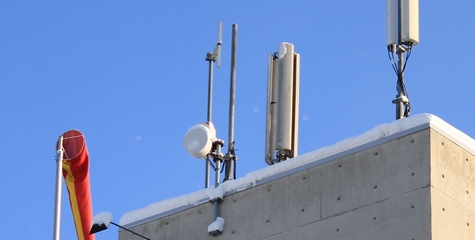WI-WE Progress
| Progress: 92.36% WWI-WE Version: 1 | |
| 0 | mandatory questions pending |
| 26 | questions total |
| 23 | questions answered |
| 23 | questions completed |
| 3 | questions pending |
Mapping Wild Cards
Inspired by: FP7 » Small scale nuclear power to private energy demands

Originally submitted by: Tuomo Kuosa
List of all contributors by versions (mouse over)
Last changed by: Tuomo Kuosa
WI-WE status:
.png)
